If you are going through menopause, you are well aware of the symptoms of this transitional phase in a woman’s life. From hot flashes, mood swings, and fatigue, including sleep problems and bodily changes, these symptoms can be challenging and distressing. Fortunately, royal jelly, a nutrient-rich substance from bees, is gaining attention as a potential natural remedy to ease these symptoms.
How royal jelly might help menopause
Royal jelly is a milky white substance secreted by worker bees and it is highly nutritious—packed with carbohydrates, major royal jelly proteins (MRJPs), phenolic compounds, amino acids, fatty acids, vitamins, and minerals. Studies show that royal jelly possesses a wide range of functional properties, and it is believed to be beneficial for your health, including easing menopause symptoms.
Royal jelly has estrogenic properties due to its content of fatty acids, especially 10-hydroxyl-2-decenoic acid, which may help relieve menopausal symptoms. These compounds can bind to estrogen receptors, potentially balancing hormones.
Research suggests that the daily consumption of oral royal jelly (1000 mg) for eight weeks may alleviate menopause symptoms caused by reduced estrogen during menopause, such as hot flashes, night sweats and mood swings.
Menopause is commonly associated with genitourinary syndrome, which refers to symptoms affecting the urinary and reproductive systems due to declining estrogen levels. These include vaginal dryness, itching, pain during intercourse, urinary incontinence and frequent urinary infections, which can influence the quality of life in women.
Some studies show that royal jelly improves genitourinary syndrome. A 2016 randomised controlled clinical trial of post-menopausal women found that the use of vaginal royal jelly cream can improve the quality of life, sexual function, and urinary problems.
Declining estrogen levels during menopause can also affect the autonomic nervous system, leading to the development of neurodegenerative diseases, mood disorders, headache, low back pain or backache. Researchers found the post-menopausal women who took royal jelly daily for eight weeks showed significant improvements in their menopausal symptoms such as backache, and particularly psychological symptoms like anxiety and depression.
Menopause increases the risk of chronic conditions, such as osteoporosis and cardiovascular disease. According to studies, royal jelly improves lipid profiles by reducing bad cholesterol and raising good cholesterol, potentially lowering the risk of cardiovascular diseases like heart attacks and strokes. However, more research is needed to confirm its direct effects on osteoporosis.
How to use royal jelly for menopause symptoms
First, it’s important to remember that while some studies show promising results of the effect of royal jelly on menopausal symptoms, more large-scale studies are needed to draw definite conclusions.
Royal jelly is edible and considered safe to use in various forms, such as powder, capsules, creams, and liquids. You can take 1 to 2 teaspoons daily and consider adding it to smoothies or yogurt to mask the slight bitter taste.
It is essential to consult a healthcare provider before taking any honey or bee products, especially if you experience allergies or have existing health conditions, such as asthma, as it could trigger allergic reactions.
If you are looking for a high-quality royal jelly product combined with Manuka honey and propolis, visit our store today.



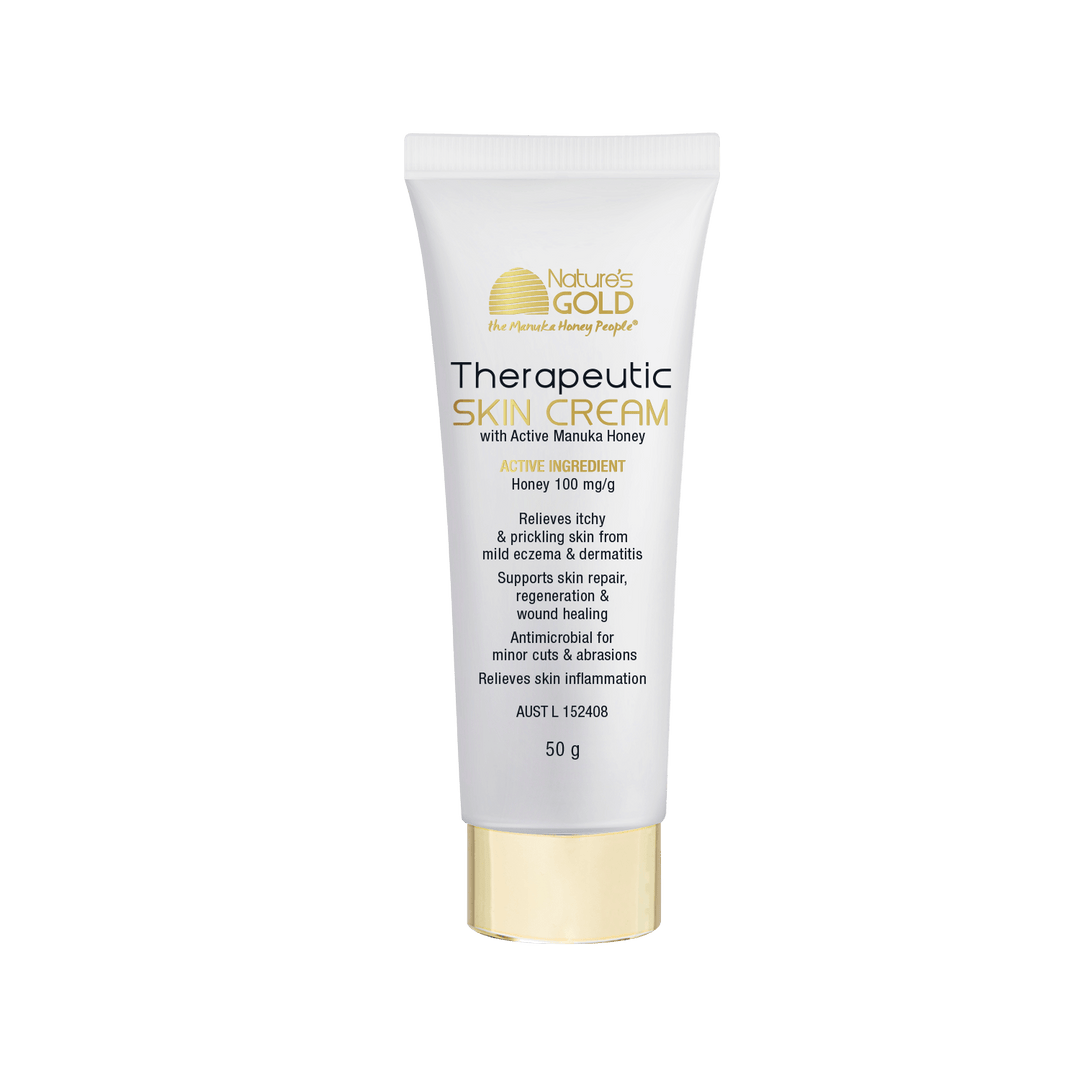
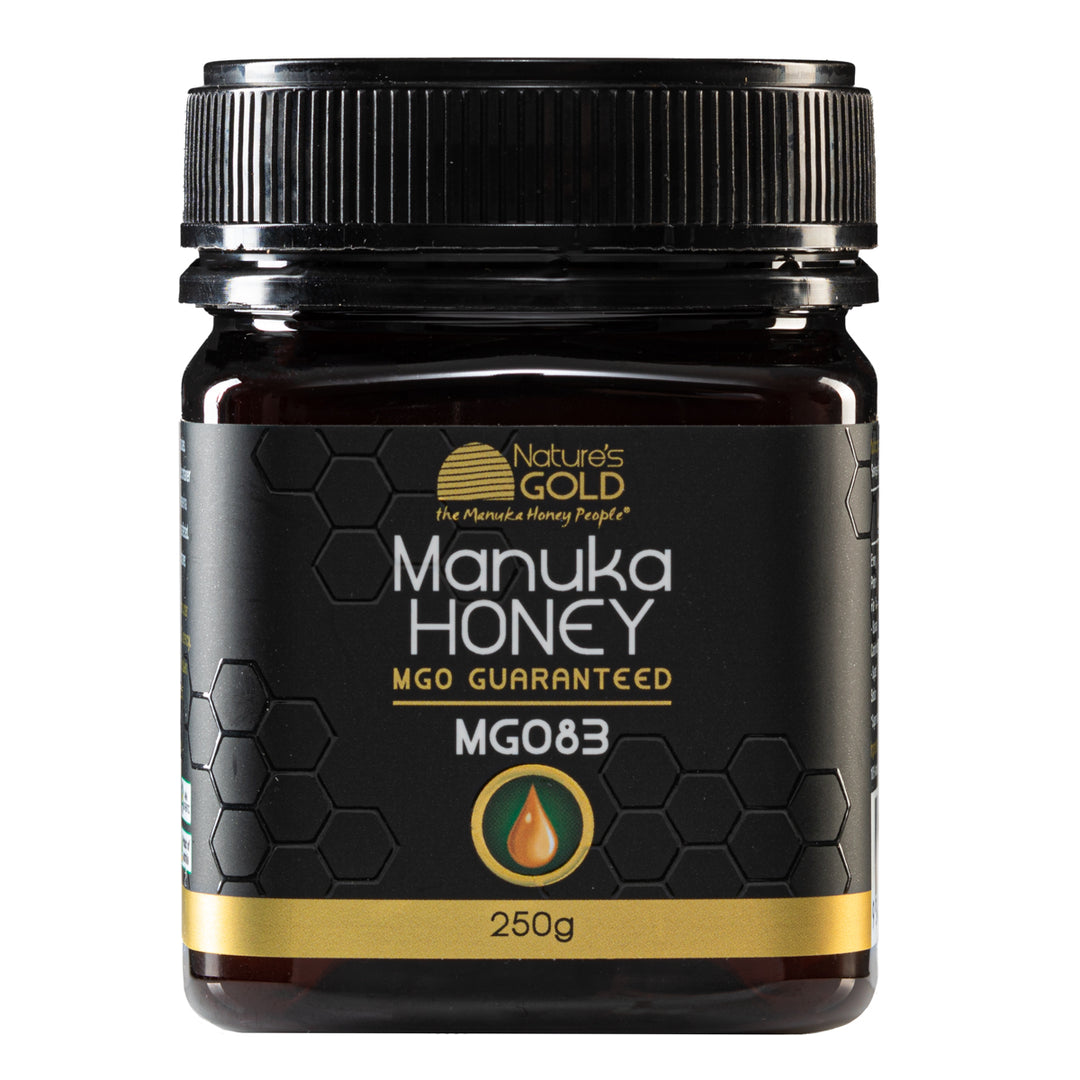
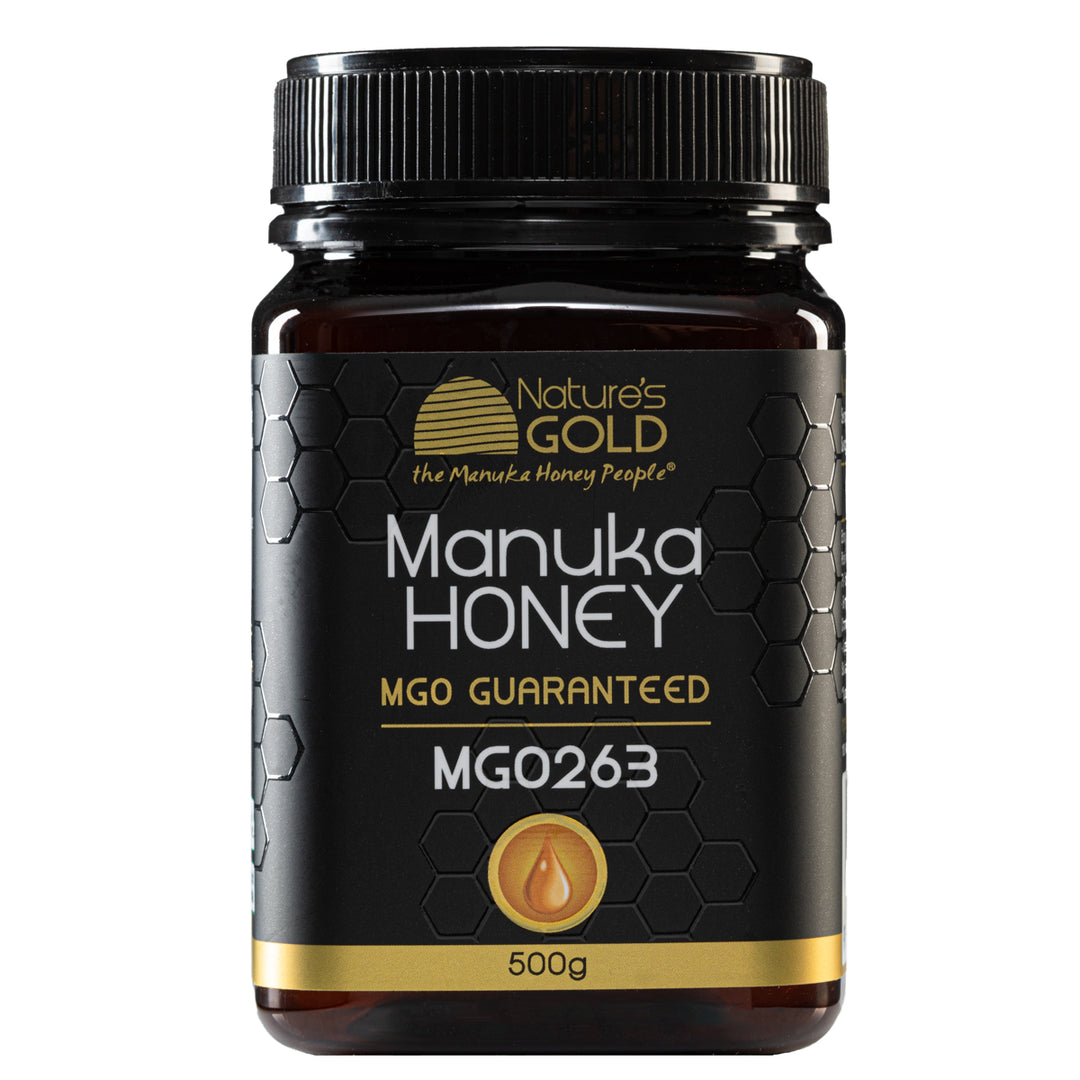
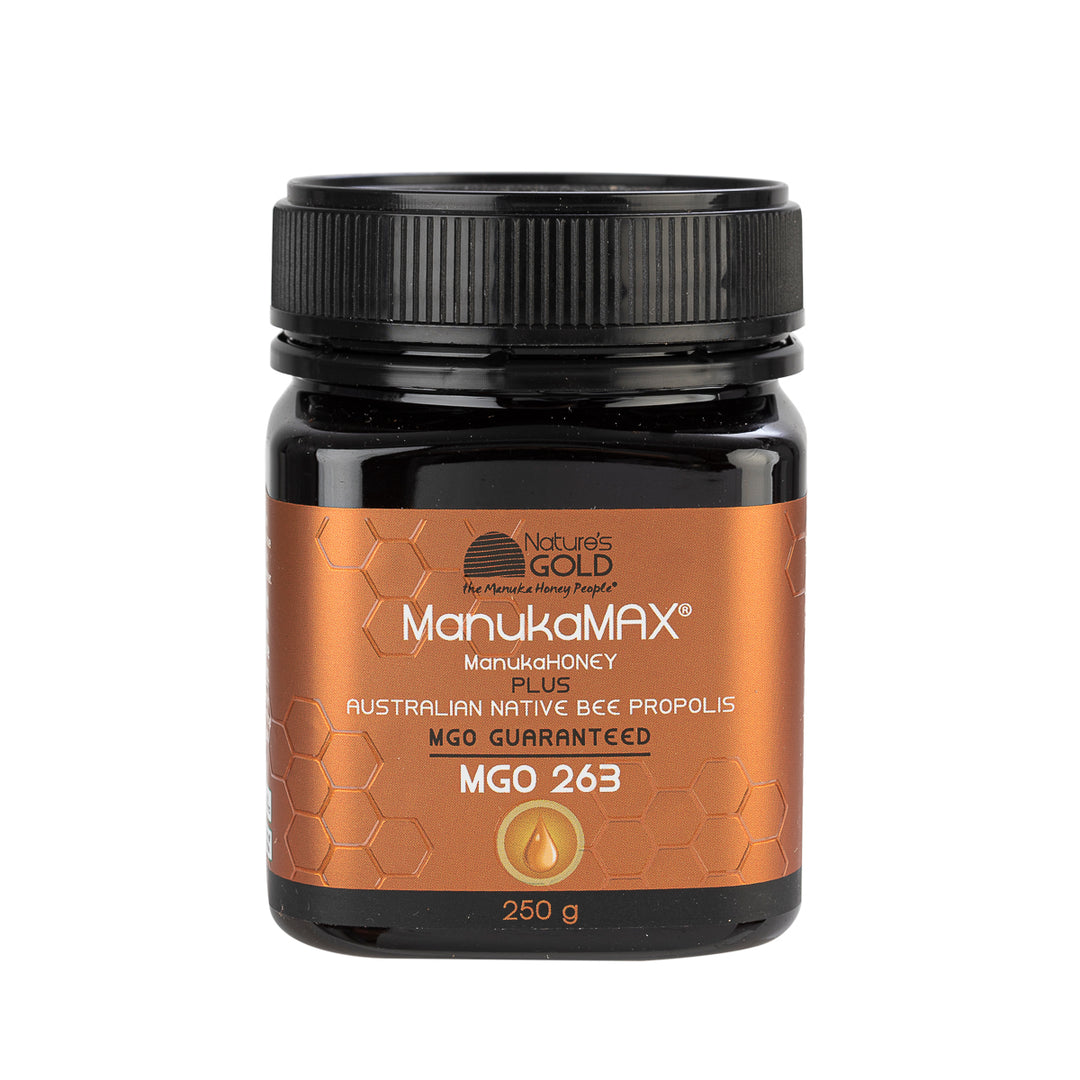
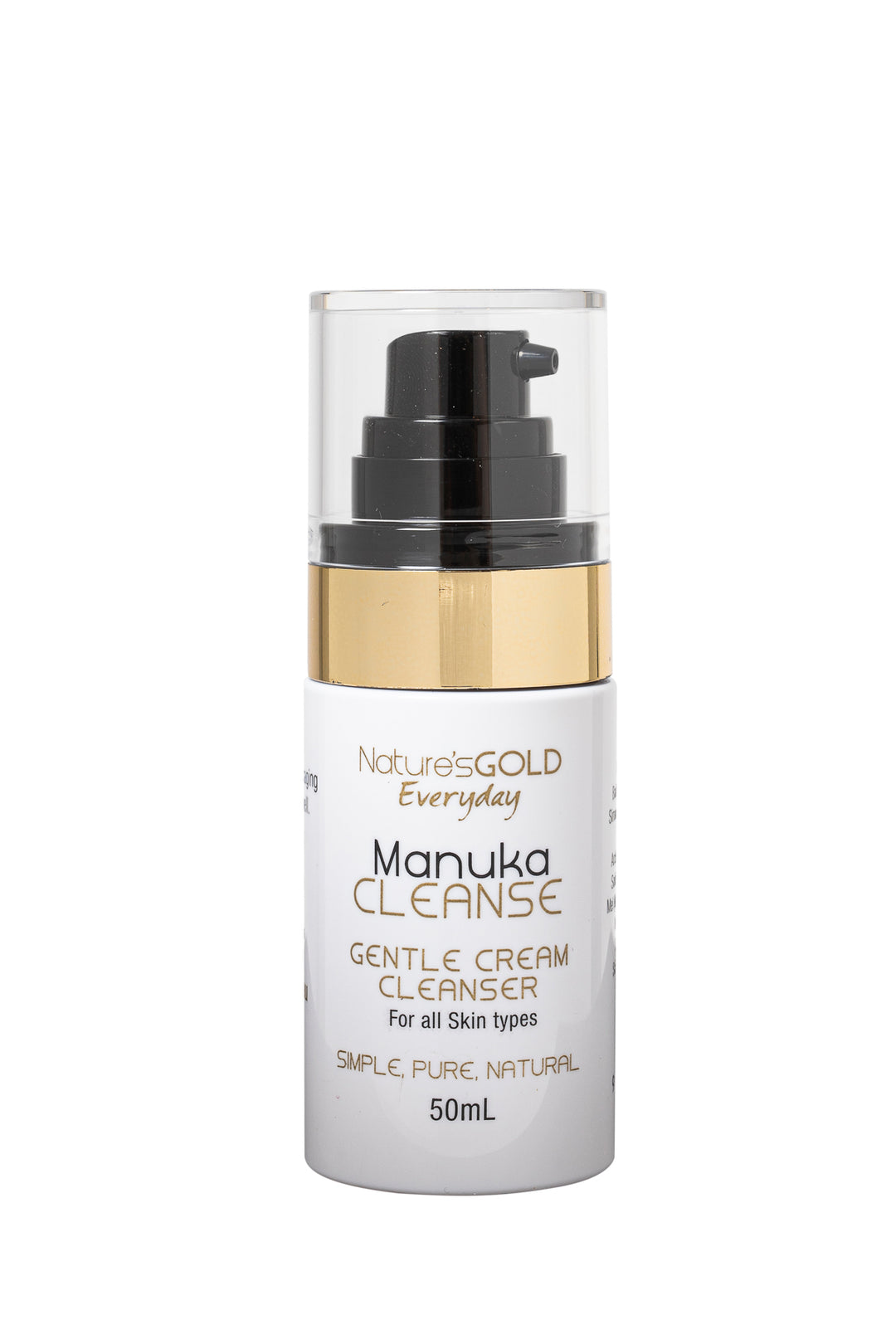



Dejar un comentario